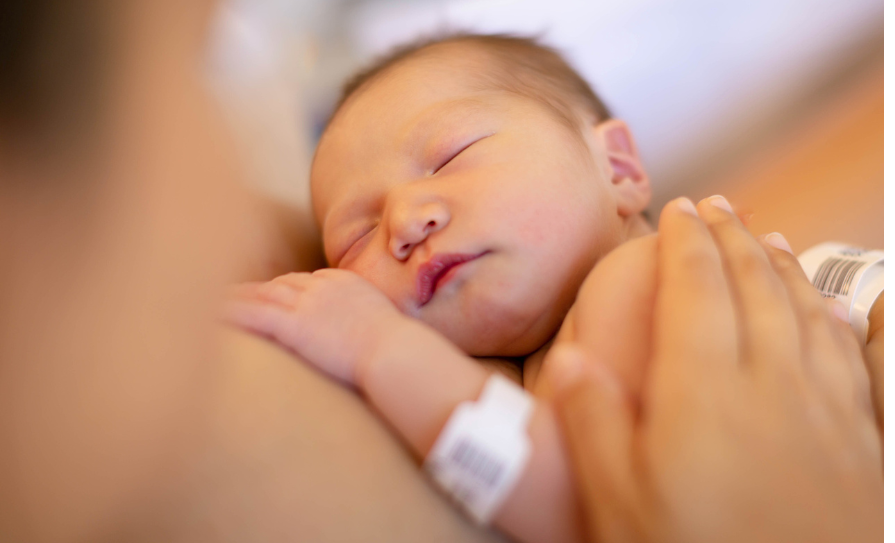Minister for Health Stephen Donnelly has today announced an additional €700,000 of new development funding for the expansion of the national newborn bloodspot screening (NBS) programme.
This brings the total additional funding for 2024 to €1.4 million and will allow for the rollout of testing for two new conditions in 2024: severe combined immunodeficiency (SCID) and spinal muscular atrophy (SMA).
The NBS programme, commonly known as the ‘heel prick’ test, is carried out on babies in the first 72 to 120 hours of life and currently screens for nine rare but serious conditions. Approximately 120 babies with these conditions are identified per year through this test.
In 2023, Minister Donnelly accepted the recommendation of the national screening advisory committee (NSAC) to add a tenth and eleventh condition to the programme.
Minister Donnelly said: “Since becoming Minister for Health, the expansion of newborn screening has remained a priority for me and this Government. In 2022, the number of conditions screened for under the programme increased from eight to nine with the addition of adenosine deaminase deficiency severe combined immunodeficiency (ADA-SCID).
“Last year, I was pleased to accept the recommendations of the NSAC to add SCID and SMA to the programme, and I’m looking forward to working with all stakeholders to ensure the rollout of testing for these conditions later in 2024.
“I’m very proud to say that by the end of this year, the number of conditions Ireland screens for will have increased from eight to eleven, representing a 37 per cent increase in the lifetime of this Government.
“I am acutely aware of how difficult it is for parents, families and children who have received a diagnosis of a rare disease, and how challenging daily life can be for them. Screening will make a real difference to their lives, which is why I am determined to see more conditions introduced as soon as possible.”
The NSAC is the independent expert group tasked with considering proposals for new or changes to existing screening programmes. It issues recommendations to the Minister following consideration of evidence reviews or health technology assessments (HTAs) carried out by HIQA.
Minister Donnelly has today also announced that he is allocating additional resources that will increase the capacity of HIQA to take on more HTA processes simultaneously.
The Minister said: “An evidence-based approach is crucial to the continuing development of Ireland’s screening programmes, and collaboration with HIQA via HTAs is an essential component of this.
“I’m very pleased to confirm that additional resources being made available in 2024 will expand HIQA’s capacity to conduct evidence reviews, thereby supporting NSAC to advance its work programme. This is important in the context of constantly emerging new developments and breakthroughs in the identification and treatment of newborn conditions. Notably, this will provide a platform for future expansion of the NBS programme, in line with Government commitments.
“This increased capacity will be important for the committee to speed up the process of their reviews to add conditions such as MLD and tests for other diseases to the newborn screening programme.”













Leave a Reply
You must be logged in to post a comment.